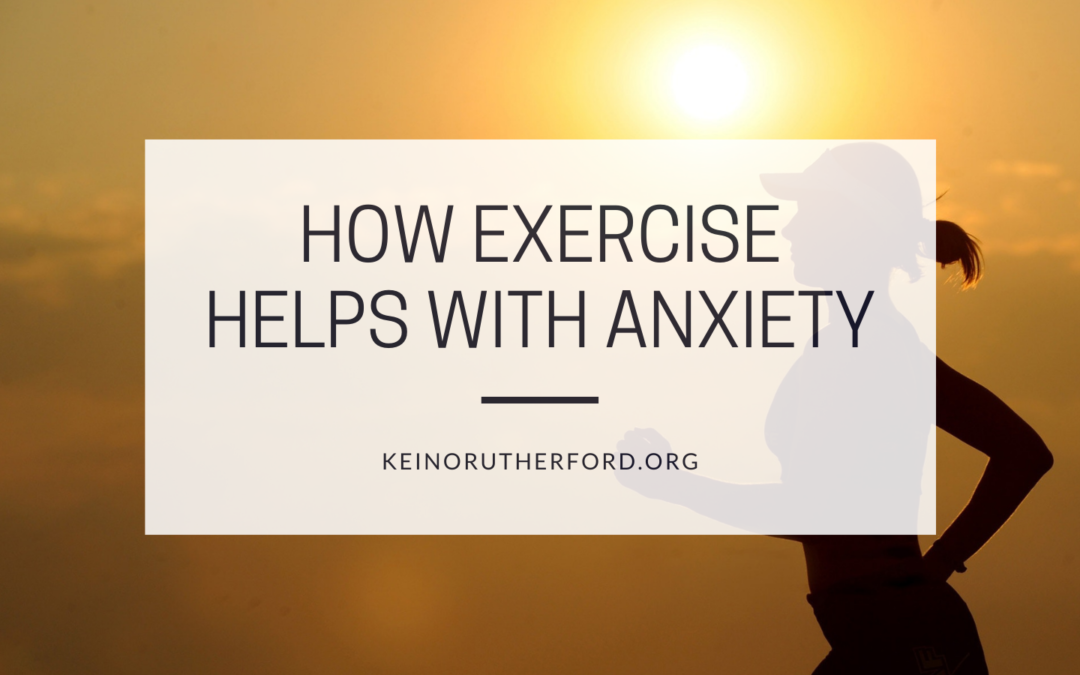Exercise has been shown to provide many health benefits, such as weight loss and reduced risk of heart disease. However, one lesser-known benefit is that it can help with anxiety!
These days more people than ever are struggling to find new methods to handle their anxiety. As such, it is essential to have conversations about it, including prevention and management. Below are some tips on how exercise helps reduce anxiety levels.
Exercise diverts the mind from anxious thoughts
One way exercise helps with anxiety is by diverting one’s mind from the thing they are anxious about. When they are running or lifting weights, they are focused on completing that task and not thinking about anything else. This can help prevent them from dwelling on their worries and instead help them to focus on the present.
Body movements make the tense muscles relax, limiting the degree of feeling anxious
One symptom can be that their muscles are tense when they are anxious. When they are anxious, their body releases the hormone adrenaline, which causes their muscles to tense up. However, by getting active and moving their body, they can help to release the tension in their muscles and feel more relaxed.
Increasing their heart rate changes the chemistry of their brain
Another way exercise can help reduce anxiety levels is by increasing the level of chemicals in their blood, which cause them to feel happier. When they exercise, their body releases serotonin and dopamine, which make them feel good. These chemicals also have relaxing properties on their own too. For example, serotonin is effective at treating some forms of depression. However, even if they do not treat other conditions, they are certainly effective at making us feel happier! So next time you are feeling anxious or depressed, go for a run or visit the gym.
Exercises activate the frontal brain regions of the brain
The brain’s frontal lobe is responsible for decision-making, problem-solving, and emotional regulation. When this part of the brain is activated, it can help to improve our moods and reduce anxiety levels. This is because the frontal lobe allows us to control our emotions, and when it is active, we feel more in control of our lives and less anxious. So next time someone is feeling overwhelmed or stressed, they should try some exercises that activate this part of their brains, such as Yoga or meditation.
Exercises create resources that boost resilience against stormy emotions
Finally, exercise can help reduce anxiety levels by allowing them to build up their resilience. This means that they can cope with it better and bounce back more quickly when something terrible happens. One way this happens is by reducing the number of stress hormones released when something terrible happens. So, suppose this person tends to get overwhelmed easily or regularly experiences high levels of stress. In that case, exercise may be a good way for them to become more resilient and better able to cope with difficult situations.

